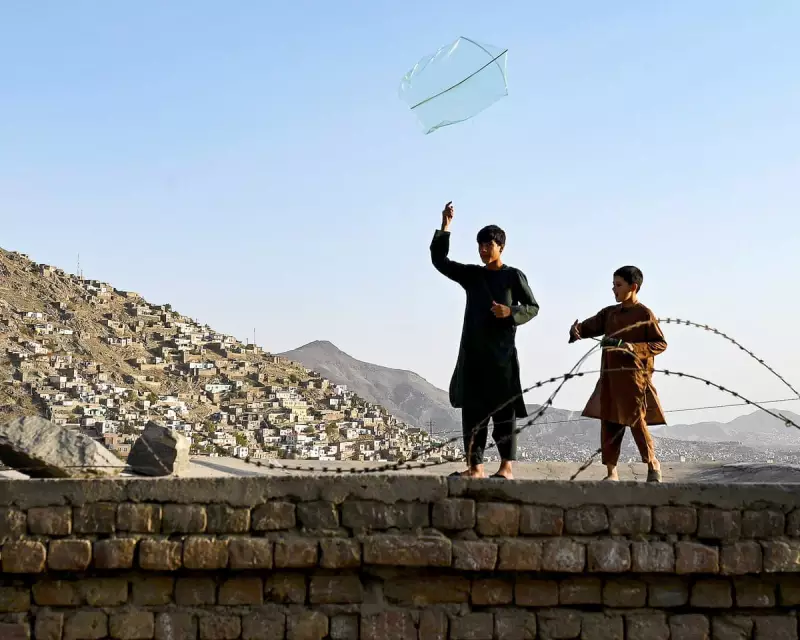
In a disturbing move that has plunged millions into digital darkness, the Taliban regime has systematically dismantled Afghanistan's internet infrastructure in what experts describe as a calculated effort to silence opposition and tighten their grip on power.
The Strategy Behind the Silence
This isn't merely technical incompetence or temporary disruption. The internet blackout represents a sophisticated strategy of control, deliberately severing Afghanistan's connection to the global community. By creating an information vacuum, the Taliban effectively muffles dissent and prevents the world from witnessing their harsh governance methods.
A Nation Isolated
The consequences extend far beyond inconvenience. Ordinary Afghans find themselves cut off from vital services, unable to access emergency information, connect with loved abroad, or conduct essential business. The shutdown has particularly devastating effects on:
- Journalists and activists who can no longer report on human rights abuses
- Healthcare providers struggling to coordinate medical services
- Business owners whose livelihoods depend on digital connectivity
- Families separated by borders who've lost their primary means of communication
Consolidating Power Through Isolation
This digital siege serves multiple purposes for the Taliban regime. It prevents the organization and coordination of resistance movements, blocks the flow of uncensored information to both citizens and the international community, and creates an environment where the regime's narrative remains unchallenged.
The timing of these disruptions often coincides with significant political events or reports of human rights violations, suggesting a deliberate pattern of suppression when scrutiny would be most damaging to the regime.
The Human Cost of Connectivity Loss
Beyond the political implications, the human impact is profound. Students cannot access educational resources, entrepreneurs see their businesses collapsing, and vulnerable communities lose access to life-saving information. The blackout represents not just a political tool but a humanitarian crisis in the digital age.
As the international community watches, the question remains: how can pressure be applied to restore this fundamental connection to a population increasingly isolated from the world?





